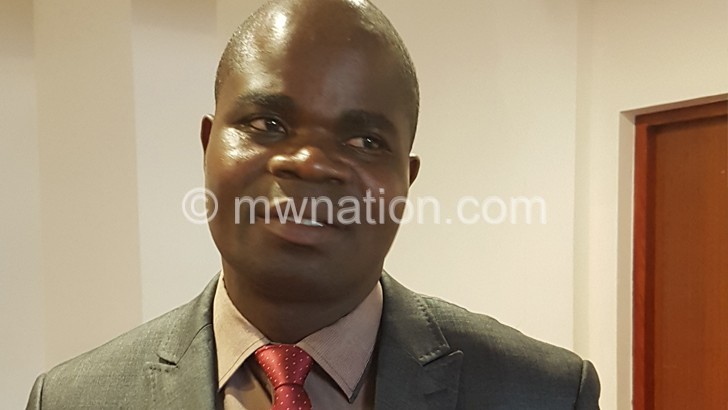Parly oversight under scrutiny
Some leaders of parliamentary oversight committees have said their role of checking government ministries, departments and agencies (MDAs) is under threat due to, among other things, lack of political will, disregard to procedures and inadequate funding.
The parliamentarians argue that various parliamentary committees have made recommendations to government in the past five years which are yet to be acted upon.

In separate interviews, Public Accounts Committee (PAC) vice-chairperson Kamlepo Kalua and Legal Affairs Committee chairperson Maxwell Thyolera said Parliament was finding it hard to hold errant public officers to account due to several impediments.
Thyolera said, for instance, though the Business Committee of Parliament was forced to change timeframes for parent ministries to submit reports on recommendations made by oversight committees from 14 days to three months, the implementation of the standing order was still problematic.
He said: “Initially, when an oversight committee makes recommendations on MDAs, the parent ministry had 14 days to make amends but they [government] said it was too short to report back.
“But the revised timeframe is not being followed at all most of the times although the standing orders stipulate such. However, we cannot entirely call it a futile exercise because some laws that have been passed are a result of recommendations from oversight committees.”
On his part, Kalua said parliamentary committees have limited powers.
“Protocol demands that we refer any matters to other authorities such as the Chief Secretary or the Secretary to the Treasury, depending on the matter. But we have not seen much cooperation from these offices,” he said.
According to Kalua, his committee has made recommendations to Treasury on the financial mess discovered in city councils, for instance, but so far there has been no action.
Commenting on the issue, University of Malawi’s Chancellor College political science lecturer Gift Sambo blamed the situation on technical gaps which he said exist between parliamentarians and technocrats.
“Government officials know that most parliamentarians do not have much technical expertise. As such they exploit that gap and it breeds impunity. The solution is to build capacity of oversight among parliamentary committee members. The way Cashgate appeared, it showed parliamentarians are far from understanding some of these things,” he said. n





